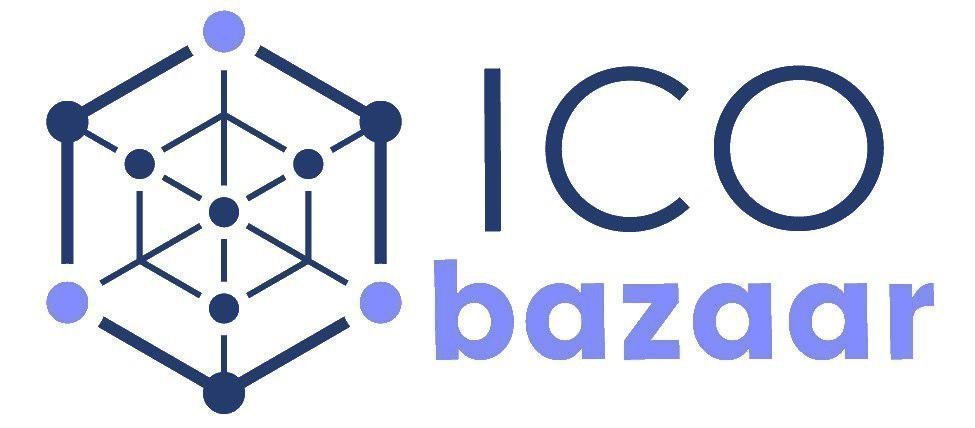The main aim of ehab is to solve the global housing crisis. This will be achieved by transitioning the residential house building sector from a centralised, unsustainable, pro t driven sector. To one which is led by people. To one which maximises human well-being, minimises impact on the environment and allows for a more equitable distribution in the nancial gains of housing. Solving the global housing crisis is not as simple as building cheap housing. It has to be a holistic approach which enables thriving sustainable communities to emerge and ourish.
Ehab is the digital framework to make a decentralised housing system a reality.
The Individual: For individual people or families this means giving, you the customer, choice over how your house is designed. It means providing you with clear information about the costs and bene ts of certain house types, so you can make the best decision for your future in that house. We intend for the platform to remain useful even after the development process has been completed. To continue to deliver value the platform will be adapted with modules, developed by in house developers and external companies. These modules will add huge amounts of extra functionality to your dashboard and with internet of things (IoT) can turn a normal house into a smart one. Concurrently we will look to release a secondary marketplace for the growing number of IoT housing upgrades, the management of these will be run through modules on your ehab platform dashboard.
The Community: On the neighbourhood scale this means groups of people making collective decisions about things which will a ect them and their families. This is direct democracy and the blockchain is the perfect way to facilitate this process. We don’t expect this direct democracy to stop at aesthetic decisions though. Once you have been introduced to the possibilities of modern housing through the platform we expect the community to want more. Community oriented modules could unlock micro- economies - e.g. for local food production and trading, or micro-energy grids where users can more cheaply share excess energy. If households within the community all possess IoT devices the data from this could be collated and analysed for community wide bene t.
The City: The creation of new cities will eventually have to happen. The human population is rapidly urbanising and rising sea levels could see the many low lying cities made uninhabitable in the next 100-200 years. A city is an incredibly complex entity of needs and di erent incoming and outgoing resources. But we now know more than ever about what makes a liveable urban environment and what makes a poor one. Many of our current cities fall into this secondary category just because of the historical and cultural evolution they have been through. Any future city must meet the needs of its inhabitants, and enable them to ourish, whilst also allowing for citizens to have an equitable say in how it is developed and it’s continuing evolution.
The ehab platform in the rst instance gathers the requirements from the potential inhabitants and start to build a database of di erent needs. This data could then be integrated with the most up to data about the best percentage of urban green spaces, the ideal width of cycle paths, the optimum heights of tram pathways etc. With this combination of data the platform could be enabled with arti cial intelligence (AI) to make design decisions, at the base level about where zones could be placed or where wind turbines could be place in accordance with common wind direction. But eventually, with the guidance of human designers and master-planners, it could present a 3d masterplan of an entire city. It would know all the needs of the people and have all the information collated from around the world about what currently makes the optimum city.
The platform will still be being used by individuals and communities as a payment mechanism, a mechanism for direct democracy and micro-grid management. The tool could be used for people to propose citywide initiatives, digital improvements, physical improvements, art projects or events and then crowdfund the capital requirements for these projects. The AI functionality could be scaled. The AI could be upgraded to e ectively monitor payment ows and identify cost savings. It could help broker energy deals between various microgrids to create a collection of microgrids which help balance the in ow and out ow of renewably generated energy. It could manage the public transport system, or the network of autonomous cars.
All of this would be recorded on the blockchain, and every inhabitant, young or old, could scroll back through the history of ehab to the day the rst home was built on the platform, all the way through to the day the rst crowdfunded city was democratically nanced and built.




















